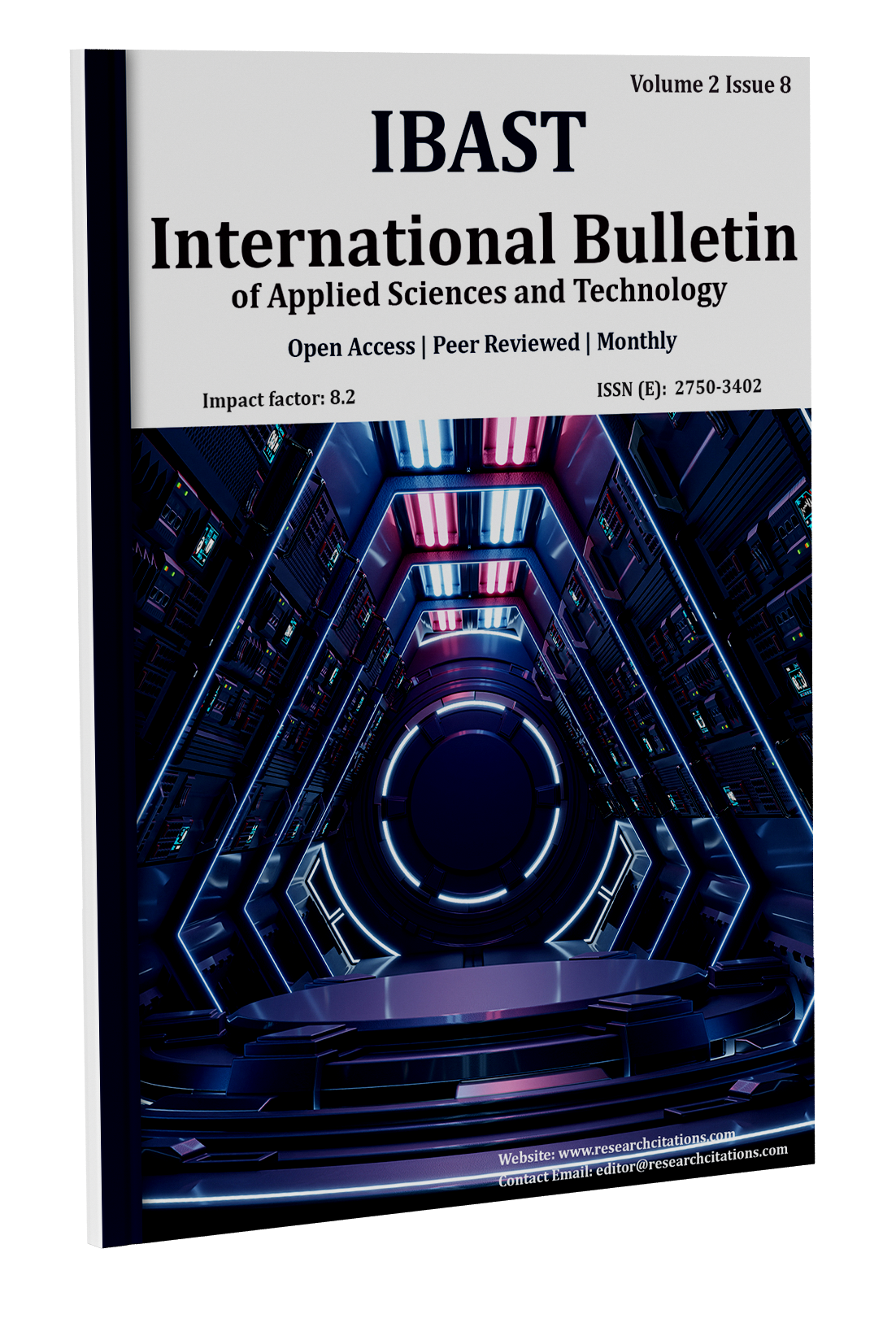THE ACTIVITIES OF WOMEN'S MADRASAHS IN UZBEKISTAN AND THEIR UNIQUE CHARACTERISTICS
Main Article Content
Abstract
Historically, the upbringing of children and grandchildren by mothers has been shaped by Islamic customs and traditions since the arrival of Islam in our region. The education of girls has always been considered significant, with mothers playing a primary role as educators. Before the advent of Islam, during the era of ignorance, men in the Arabian Peninsula viewed the birth of a female child as a source of shame. Infants who were born female were often buried alive, and women faced severe oppression. The sale of women as commodities, the inheritance of daughters' rights as property, and the general disregard for women’s humanity reflected a brutal reality where oppression against women intensified.
Downloads
Article Details
Section

This work is licensed under a Creative Commons Attribution 4.0 International License.
How to Cite
References
1."Women in Chodra" // Journal of the Muslim Community of Mavaraunnahr. January-March, Issue 1. – p. 12
2.Polat Jozilov "Both Education and Work" //. "Khalq Sozi" Newspaper, March 25, 1992. – p. 4
3.Zamirakhon Majidova "A History of a Madrasa" // "Imam Bukhari Lessons" Journal, 2009, Issue 3. – p. 235
4.Archive of the Muslim Board of Uzbekistan. Compilation volume for Juybari Kalon, 1991-1999. (Page numbers not numbered)
5.Archive of the Muslim Board of Uzbekistan. Application from the madrasa director, education director, and economic director to the Chairman of the Religious Administration of Mavaraunnahr, Mufti Muhammad Sadiq Muhammad Yusuf regarding the start of madrasa activities.
6.Archive of the Muslim Board of Uzbekistan. Regulations of Juybari Kalon Madrasa, Article II, Section 2.4, 1992.
7.Archive of the Muslim Board of Uzbekistan. Article IV, Section 1 of the Madrasa Regulations approved in 1992.
8.Archive of the Muslim Board of Uzbekistan. Regulations of Juybari Kalon Madrasa, Article VI, 1992.
9.Archive of the Muslim Board of Uzbekistan. Section 7, parts a, b, d of the internal regulations of the madrasa.
10.Archive of the Muslim Board of Uzbekistan. Information about the "Eshon Bobokhon" women's secondary special Islamic educational institution under the Mavaraunnahr Muslim Administration.
11.Usmonkhodjaev Amirsayidkhon. "The Devotees of Our Religion." – Tashkent: Publishing House of Tashkent Islamic University, 2010. – p. 338
12.Archive of the Muslim Board of Uzbekistan. Information about the "Eshon Bobokhon" women's secondary special Islamic educational institution.
13.[Electronic resource:] //madrasa.uz/uzbda-ishlab-turgan-madrasalar/491-xadichai-kubro-madrasasi.html
14.Archive of the Muslim Board of Uzbekistan. Certificate of state registration of religious organizations by the Ministry of Justice of the Republic of Uzbekistan, September 23, 2019, 3p-number.
15.Uzbekistan National Archive, M-37 collection, 1st list, 2561 compilation, pages 205-206.
16.UzPAA 975 collection, 30th list, 155th compilation, page 120. From the first quarter report of the Muslim Board for 2002.
17.UzPAA M-975 collection, 30th list, 2804 compilation, page 204.
18.A. Mansur, I. Usmonov "Light of Enlightenment:" // A guide for assistants to the chief imams of the Republic of Karakalpakstan, Tashkent city, and regions on women's issues. – Tashkent: "TIU" Publishing House, 2015. p. 29.
19.Archive of the Muslim Board of Uzbekistan. "Annual Reports of the Juybari Kalon Women's Secondary Special Educational Institution in Bukhara City," 3d list, 413th compilation.
20.UzPAA M-975 collection, 30th list, 2803 compilation, page 154.
21.[Electronic resource] http://juyborikalon.uz/uz/news/3
22.Mirziyoev Sh.M. "The Strategy of New Uzbekistan." – Tashkent: "O’zbekiston" Publishing House, 2021. – p. 250.

